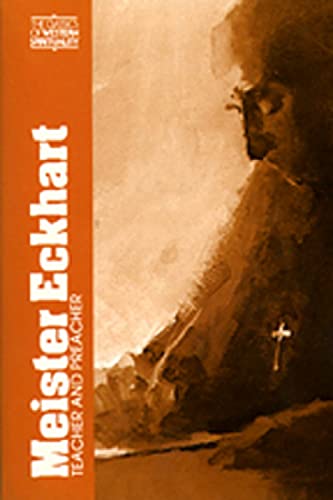God of our Fathers? Do We Know What We Believe?
Written by Peter Vardy Reviewed By Tony LaneWhat do we mean by ‘God’? The word is often used but rarely defined. This is why many are confused when reading the works of modern theologians. They do not realize that some theologians may mean by ‘God’ something radically different from their own understanding. For those who have experienced some of this confusion Peter Vardy’s book will be a most helpful guide. He takes four different understandings of the word ‘God’ and shows how they lead to different views on many other issues.
What are the four views of God? The first two are more traditional: ‘God as personal and everlasting’ and ‘God as timeless substance’. The latter is that of much traditional philosophical theology and Thomas Aquinas is taken as its chief exponent. The other two views are less traditional. The first is ‘the linguistic view of God’, the view that ‘God is real and God exists as a reality within the language of the religious community alone’. This view is traced especially to Wittgenstein. The second is ‘talk of God seen as affirming a possible way in which life can be lived’.
What are the issues discussed? Miracles; Prayer; Eternal Life; the Problem of Evil; Religious Experience and the definition of Atheism. The author shows ably how the positions taken on these different issues will vary according to the concept of God held by the thinker concerned.
The strength of the book is the way in which the implications of these four views are developed in a variety of areas. The weakness is the fact that the first at least is a very broad category. It spans the full range between many traditional doctrines of God on the one hand and process theology on the other. When a variety of views are reduced to a simple statement there is always the danger of over-simplification and distortion. The author does his best to avoid this, stressing that many issues are more complex than he can explain in a short space and pointing out that there are differences between theologians within each of his four views. But despite all the good intentions of the author it is inevitable that the picture presented should be over-simplified in parts. This is, however, an acceptable price to pay for such a clear presentation of the rival views and their implications in a variety of areas. It might have been better had the author confined himself to one representative theologian for each of the four views, though this would have made the book less general in its application.
Some details of the exposition can be questioned. Two examples will suffice. The author makes a sharp contrast between the view of heaven as ‘a social kingdom in which time passes’ and the view that ‘the individual experiences the timeless beatific vision’ (p. 63). He states that these two ‘cannot be brought together without modification’. Now it is true that the life to come cannot be both timeless and within time, but it is wrong to say that a timeless future can have no social element. After all, Aquinas believed God to be timeless and to be a Trinity of three persons in relationship to one another. Aquinas’ view of a timeless future does not necessitate an anti-social individualism. Secondly, the author states that ‘Christians have never maintained that the same molecules will be used for the resurrection body’ (p. 73). The early Christians may not have believed in molecules, but some of them certainly did believe that the self-same matter would rise from the grave, as is seen from the problems that they had with the resurrection of the victims of cannibalism!
What is the author’s own view and does it show? He takes pains throughout the book to be fair to each of the four positions and to show where each of them is faced with difficulties. He does, however, make it clear that the last two cannot be reconciled with the traditional understanding of Christianity and that they are contrary to the beliefs of the great mass of Christians. In the final brief chapter he considers the resurrection of Jesus and suggests that ‘the third and fourth views of God we have been discussing cannot be called Christian, even though they may have great depth and intellectual profundity’. But here, as throughout, the point is made gently and courteously.
This book is highly commendable as a brief clear statement of four important views of God and their implications. For a more nuanced approach or for more detail the student will have to turn to a fuller work.
Tony Lane
London School of Theology







